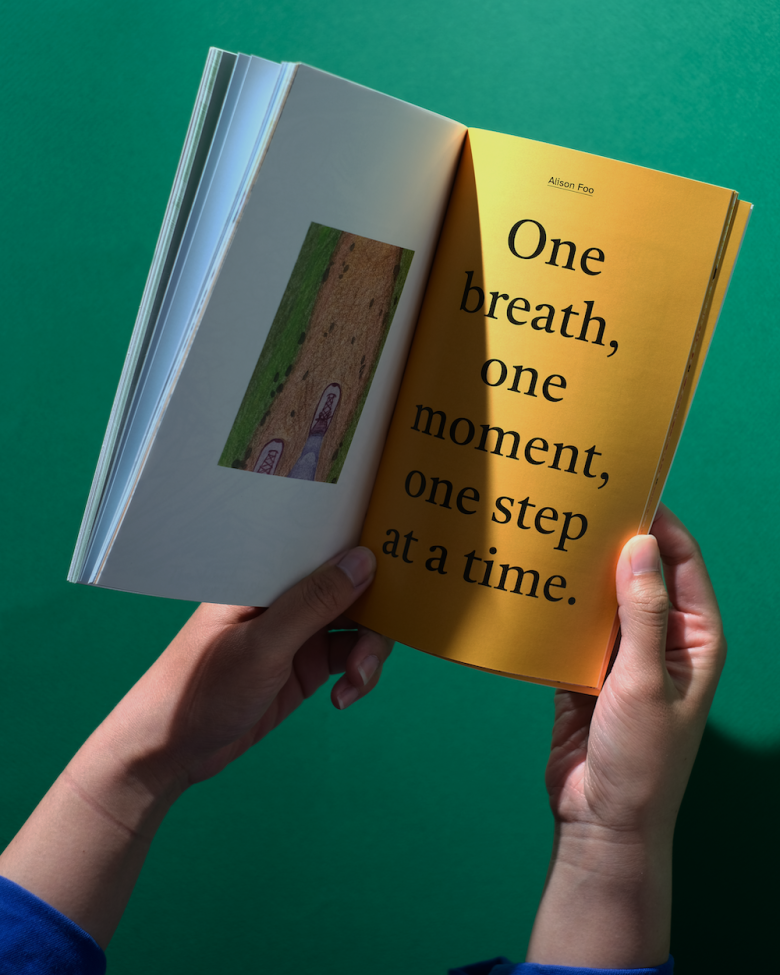
OCAD U researcher explores drawing as a way to process change after brain injury
Josephine Guan’s 2022 graduate thesis in the Inclusive Design program at OCAD University focuses on the use of drawing as a healing form of expression following a brain injury.
Prompted by her own experience after a bike accident at a busy intersection in Toronto’s Chinatown neighbourhood, Guan’s research is, in part, a way to reshape her own identity after being diagnosed with post-concussive syndrome.
“After a few years of recovery, I am in no way back to before, but I am not limited by my impairments either. Where does this leave me? How can I process what I went through to move forward?” asks Guan in the introduction of her thesis document, which can be read online.
“Through the lens of the Inclusive Design program I came to realize that although I had impairments, much of the internal struggle I had experienced was due to society’s inability to accommodate. I had always felt like I needed to fully recover or return to my previous self in order for life to continue. Why do I have to adjust to fit my environment, instead of the other way around?” she continues.
These questions are also at the centre of National AccessAbility Week, which runs in Canada from May 29 to June 4 this year. The event highlights the work of individuals like Guan, organizations and communities who are removing barriers for people with disabilities while reflecting on Canada’s ongoing efforts to become a better, more accessible and disability inclusive country.
One in five Canadians have a disability. Brain injury is often an invisible disability in that its effects are not obviously manifested on the physical body. Injuries to the brain have the potential to affect cognition, sensory processing, communication, social behaviour, as well as overall social, mental and physical wellbeing.
“Brain injury impacts our communication, specifically our ability to verbalize things so drawing was a good way to supplement traditional one-on-one interviews. By mailing blank postcards to participants and asking them to respond to certain prompts I got a really good understanding of how different people experience a change in their identity and relationship after brain injury,” Guan explains. Participants' drawings can be viewed on a website Guan has created.
The use of artistic methods including storytelling, dance and drawing in health as a therapeutic intervention has become increasingly popular in the past 20 years, especially where patients experience conditions that threaten or alter their lives. For Guan’s research, she asked participants to use drawing as a way to express and reflect on their experiences.
“It is prudent that disability is not only dealt with by the individual, but by all levels of the system. This is not to discount the importance of medical research to innovate on treatments to improve quality of life for people, but our shared meaning around disability and identity need to be challenged as our society is shifting to embrace diverse human ability.”
Guan was recognized with a 2022 OCAD University Medal in the Inclusive Design program for her research. Since completing her graduate degree Guan continues her practice as a researcher, illustrator and designer. She is currently working as a research assistant in the Department of Aging, Health, and Society at McMaster University.